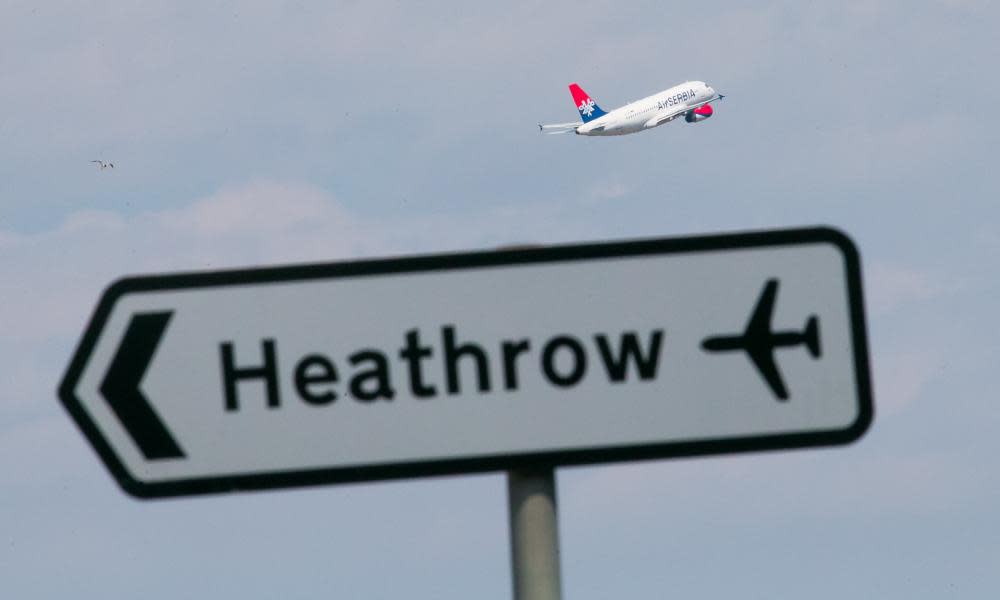Hard Brexit could halt Heathrow expansion plans, says Lord Adonis

A hard Brexit would be a “calamity” that would spell the end for the Heathrow expansion, according to the chairman of the National Infrastructure Commission.
While the airport has argued that Brexit makes its third runway ever more important, Andrew Adonis said private investment in infrastructure would be off the table unless Britain could maintain ties with the EU.
Lord Adonis said that a host of major projects including HS2, Crossrail 2 and HS3 rail links between northern cities, as well as universal broadband and mobile services, would be under threat but particularly those that rely on private funding.
“If we were to go for a hard Brexit which severs Britain’s trading ties with the continent I think we could be heading for a calamity as a country,” he said. “It’s important that we have a Brexit that maintains Britain’s trading ties with the continent, and that probably requires a long transition period, so we can get a fully fledged trade treaty.
“These decisions on Brexit have a crucial bearing on infrastructure. Business will not invest for the long term if they think Britain is going down the tube. It’s as simple as that. The projects that will be most affected will be those that require immediate private sector investment – starting with Heathrow.”
Heathrow is owned by a range of foreign investors, the biggest two of which are a Spanish consortium and Qatar’s sovereign wealth fund. The cost of a third runway was put at £17.6bn, although Heathrow said it was trying to reduce the price.
The commission chair was joined on Monday by business leaders in calling on the government to make urgent progress on infrastructure decisions.
A decision has been taken in principle on Heathrow but it needs to be approved by MPs voting on a national policy statement due to be published this year. Although a majority of MPs are thought to back expansion, senior figures in both the Conservative and Labour party are strongly opposed.
With a hung parliament, Adonis said: “There is a real danger that no decisions come forward and we end up as a country seriously regretting yet another period of dither and delay on major infrastructure decisions.”
Adonis was joined by leaders from the British Chambers of Commerce, the CBI and the Federation of Small Businesses in calling on politicians to ensure infrastructure projects were not delayed. They set out a timetable for decisive action on a total of 12 schemes across transport, energy, digital and water sectors, all of which have been agreed in principle by government but could yet languish.
Adonis said all could be met but added: “If we have dither and delay and a hard Brexit we’re going to really struggle to secure any agenda of long-term investment in the British economy.”
Adam Marshall, the director general of the CBI, said Brexit was “so all-consuming it is sucking the air out of the room”. He said: “We must ensure our parliamentarians are focusing on infrastructure and investment too.”
The government is due to build HS2 with public funding and is expected to put legislation before parliament to build phase 2a from Birmingham to Crewe this year, and make a decision on the rest of the route. However, a faltering economy could further undermine the business case for the railway, with Treasury calculations basing passenger growth on GDP. Projects such as Crossrail 2 are expected to be significantly funded by private investment.

 Yahoo News
Yahoo News 
